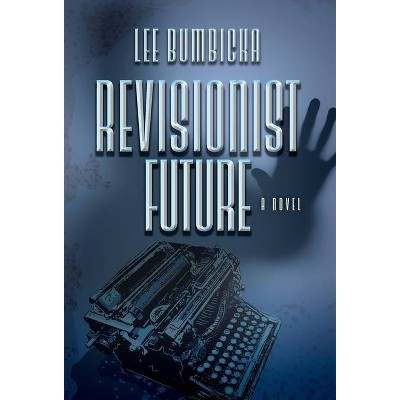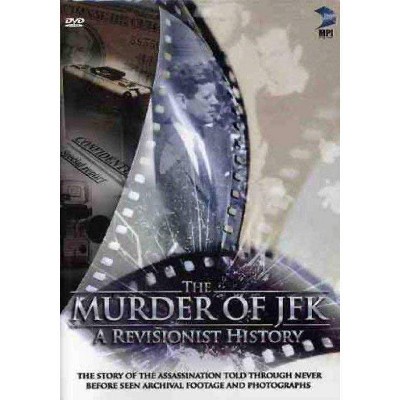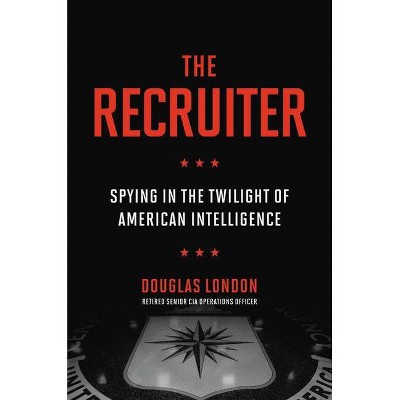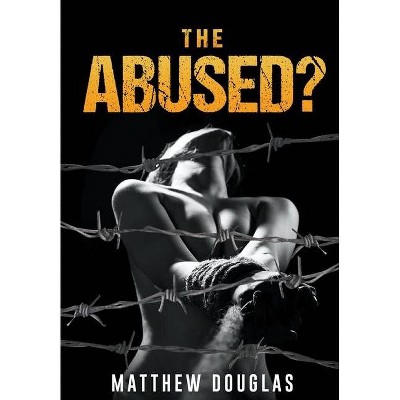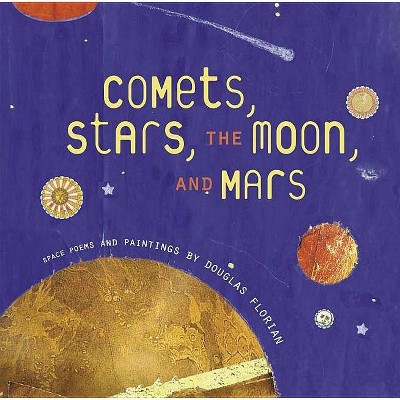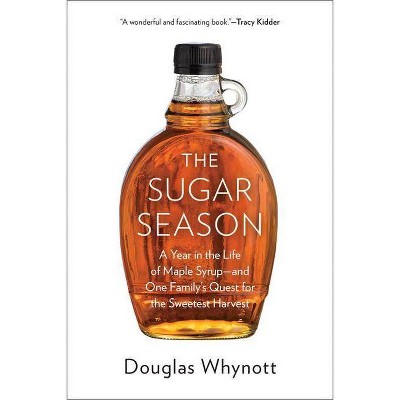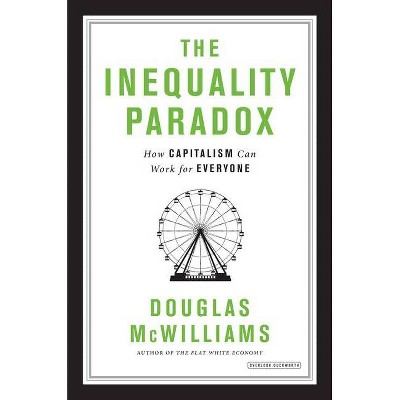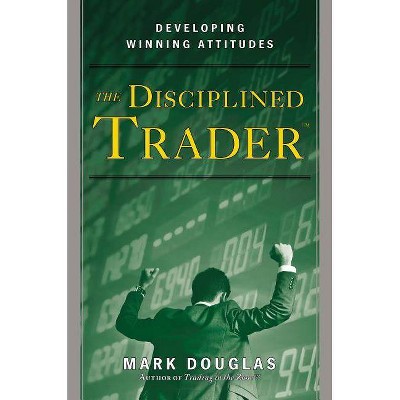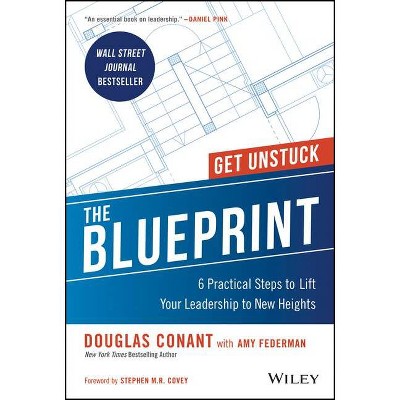The Revisionist and the Astropastorals - by Douglas Crase (Hardcover)
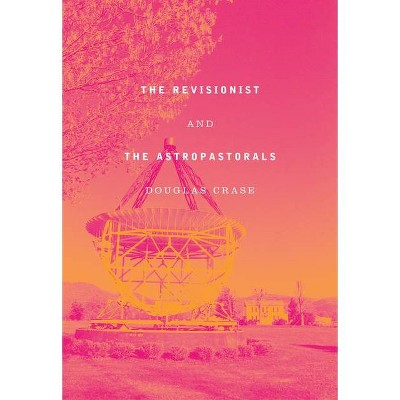
Similar Products
Products of same category from the store
AllProduct info
<p/><br></br><p><b> About the Book </b></p></br></br>This vital collection restores to print and prominence the work of the elusive poet Douglas Crase, best known for his award-winning collection <i>The Revisionist.</i><p/><br></br><p><b> Book Synopsis </b></p></br></br>MacArthur "genius" Douglas Crase is best known for his invocations and revisions of Whitmanian transcendentalism. Out of print since 1987, his book <i>The Revisionist</i> has still been enough in some opinions to establish him as one of the most important poets of his generation; on its strength, says the Oxford Book of American Poetry, rests a formidable underground reputation. Now, by combining <i>The Revisionist</i> with Crase's chapbook <i>The Astropastorals</i> in a new collection, Nightboat Books presents his formidable reputation to a wider public for the first time in thirty-two years.<p/><br></br><p><b> Review Quotes </b></p></br></br><br><p>This is such anticipatory, massively omniscient edging work. It's a tone you'd expect a poet to hit here or there but Doug hits it always and I don't know that he 'knows, ' or his poem knows but there's a temptation as a reader to want to stay in it always. He's not saying it'll be okay. But even, not meekly, that there are patterns.--<b>Eileen Myles</b></p> <p>Crase looks at the city and the landscape with the amused, disabused eye of a lover. Revisionism, in his supple argumentative poetry, turns out to be something very close to love.--<b>John Ashbery</b></p> <p>Douglas Crase's dancing eye or is it ear, lost, restless, nervous, and insistingly singular, charges words with the task of unmasking the ordinary. 'The reason for love is / retrieval.' I can't think of a better time to revisit the poems in <i>The Revisionist</i> which now seem prophetic. With <i>Astropastorals, </i> his sharp eye continues to meticulously map the restless, shifting, ambiguities of the American scene.--<b>Susan Howe</b></p> <p>Thinking here has been arrayed with grace enough to belie its density. Crase's linguistic domain is at once tantalizingly abstract yet present and palpable. His poems are alive on the tongue while being read and even more so days later, as a recollected fragment surfaces unbidden amid the flux of thought.--<b>Albert Mobilio, <i>Hyperallergic</i></b></p> <p>Crase renders the most familiar tropes wonderfully strange, these 'revisions' of a received canon proving as subtle as they are provocative: 'A century Begins, ' he explains in 'To the Light Fantastic, ' 'begins because it discovered/ The rights of man, or unearthed light.' Elsewhere, wordplay suggests an ecstatic mystery: 'The mitigation remembers the mischief, / And nothing's repaired except to engender it/ Different. All things are wild/ In the service of objects.' This expertly framed volume marks a lasting contribution to American poetry.--<b><i>Publishers Weekly, Starred Review</i></b></p> <p>Substantial poems very much addressed to a listening ear, sometimes identified as a loved-one, and spoken very correctly in a language of description and abstraction with distinct and logical use of figuration.--<b>Peter Riley, <i>Fortnightly Review</i></b></p> <p>For Crase, desire is a way of starting again, if not quite starting anew, and it enjoins another longing, or hope: that your strongest attachments needn't be your most appropriative ones. He dreams--sometimes rhapsodically, at other times ruefully--of acquisition without possession, and the work he adores lives this dream as a kind of calling ('Anybody knows, ' Stein wrote, 'how anybody calls out the name of anybody one loves').--<b>Matthew Bevis, <i>London Review of Books</i></b></p> <p>I had heard that Douglas Crase's only full collection, <i>The Revisionist </i>(1981), was something else, but I was still astonished to encounter its grand, cracked, almanac voice. <i>The Revisionist and The Astropastorals</i> (Carcanet), with a welcome introduction by Mark Ford, reprints all of Crase's published verse from 1974 to 2000. <i>The Revisionist's</i> 'sinuous, semi-abstract landscape poetry', as Ford puts it, evokes an America we are still trying to imagine today: 'What have we done? Is it true the English / Could have called Long Island as they did, Eden? / Anyway, if the seas keep warming up it will all be gone'"--<b>Jeremey Noel-Tod, <i>Times Literary Supplement</i></b></p> <p>For various reasons, <i>The Revisionist</i> has stood as Crase's sole book of poems for nearly forty years, and has long been out-of-print. Fortunately, it has just been reissued in a new edition by Nightboat Books, now gathered together with a more recent work titled <i>The Astropastorals</i>...The new edition features a valuable introduction by Mark Ford, who reminds us of the 'exclamations of wonder from poets and critics across the spectrum when it first appeared, ' from Ashbery to Anthony Hecht to James Merrill.--<b>Andrew Epstein, <i>Locus Solus: The New York Poets</i></b></p> <p>Douglas Crase's poems are objects of profound and gentle beauty, both in their deliciously poised idiom, and in being monuments to the protean moments of a vast genera of life: civic, environmental, economic, stellar.--<b>Sam Buchan-Watts, <i>The London Magazine</i></b></p> <p>That Crase's invocation of the Whitmanian poetic tradition can be so powerful after all these years of overuse and abuse is a small miracle of revisionism itself.--<b>Phoebe Pettingell, <i>The New Leader</i></b></p> <p>Crase is the master of complex, sinuous sentences that twist and loop and unfurl in the most unpredictable of ways.--<b>Mark Ford, <i>The Times Literary Supplement</i></b></p> <p>[Crase's] subject is America, more specifically the spirit of place, for he writes of geology, colonial history, Federal architecture and a variety of landscapes...Like Merrill's and Ashbery's, his writing argues sinuously, often subordinating sentence elements and juggling contexts in an almost baroque way.--<b>Charles Molewortz, <i>The New York Times</i></b></p> <p><i>The Astropastorals</i> serves as a reminder that the history we are brooks no conclusion, so it remains in continual need of revisionists (and of <i>The Revisionist).</i> Crase's first book is not, after all, a closed case, a done deal. We still need him.--<b>Barry Schwabsky, <i>Hyperallergic</i></b></p> <p><i>The Revisionist</i> is a lasting poetic achievement addressed to a once and future idea of a land driven by 'energies of terrible belief' and by a future 'hardly big enough for the past.' But for all the intoxicating urbanity of these poems in their syntax, reflexive mood, exalted octaves, panoramic desire, and no small feat of engineering, Douglas Crase's rare artistry figures a capacious refusal to plead innocence. Instead, a 'circumstance of invasion' haunts U.S. American memory wherein 'every road leads home and none is getting there.' Even turning to the cosmos from the standpoint of earth, money, and 'the law of large numbers, ' <i>The Astropastorals</i> wonder moreover what it means to be a 'guest among stars.' In Mark Ford's superb introduction we meet again a poet of the day, an 'original and highly charged idiom' ready to restore 'the ebb and flow of belonging inherent in the idea of democracy.'"--<b>Roberto Tejada</b></p><br><p/><br></br><p><b> About the Author </b></p></br></br>Douglas Crase was born in 1944 in Battle Creek, Michigan, raised on a nearby farm, and educated at the Woodrow Wilson School of Public and International Affairs at Princeton. A former speechwriter, he was described in the Times Literary Supplement as the unusual case of a contemporary poet whose most public, expansive voice is his most authentic. His work has been widely anthologized and he has received a Witter Bynner Award, Whiting Writers' Award, and fellowships from the Guggenheim and MacArthur foundations for both his poetry and essays. He lives in New York and Carley Brook, Pennsylvania.
Price History
Price Archive shows prices from various stores, lets you see history and find the cheapest. There is no actual sale on the website. For all support, inquiry and suggestion messagescommunication@pricearchive.us
